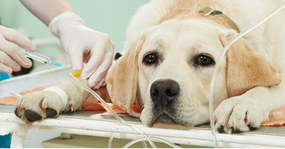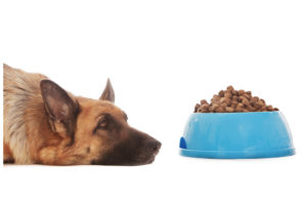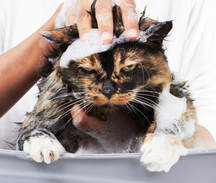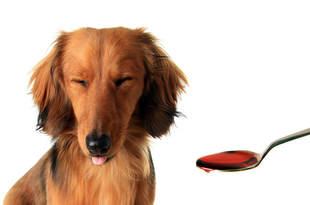By Dr Fiona Pearson
So your pet is booked in for a general anaesthetic, I’m sure you now have a few questions about what that means and what you need to do. There’s no need to be too worried, hopefully you can find all your answers below but if not don’t hesitate to give the clinic a call to ask any questions that you need.
An anaesthetic is when drugs are used to make your pet unconscious and unaware of what is happening. First we give your pet some drugs to make them relaxed and provide some pain relief in preparation for the procedure. The particular drugs
| and protocol used will then depend on what procedure your pet is getting. For longer procedures, your pet then gets a drug straight into the vein that makes them fall asleep so we can place a tube down their wind pipe to give them a gaseous anaesthetic. Shorter procedures just involve an injection into the muscle. Does my pet need to be fasted?Yes. Your pet can have dinner as normal the night before but after they’ve eaten take their food away so they don’t |
have access to any food over night. Adult dogs should have no breakfast in the morning, but cats and young animals should have a small feed (unless your vet advises otherwise). And yes this includes treats too; we need them to have an empty stomach for the procedure to decrease the risk of regurgitation. They should still have access to water until 1 hour before they come in. This doesn’t however apply to rabbits or other small mammals which should not be fasted.
Should I bath them before?Ideally your dog should have a bath sometime in the few days before surgery especially if they love rolling around in the mud. We want your pet as clean and dry as possible when they come to us to decrease the bacteria around that can potentially cause infection. Cats are usually great at keeping themselves clean so they don’t normally need a bath, phew! What if they’re on long term medication, do I give this as normal? |
Your vet may or may not want you to give your pet its usual medication just before the procedure depending on what it’s on. Therefore if your pet is on long term medication make sure you check with your vet before if they want you to give it or not.
I’ve been asked about pre-anaesthetic tests, why does my pet need these?We always recommend pre-anaesthetic blood tests to screen for some potential diseases that could make your pets procedure more risky. A really common disease up here is tick fever (Babesia and Anaplasma). Tick fever can decrease your pet’s red blood cells and or platelets and often they haven’t shown you any signs that they are sick! If your pet has tick fever, we can detect this with our pre-anaesthetic blood test and we would then recommend |
delaying the procedure if possible to treat this first so that your pet is a safer candidate for surgery. Depending on the age and health of your pet more extensive blood tests may be recommended as well as urine tests to evaluate your pet’s organ function prior to administering the anaesthetic drugs. Different drugs have different effects on your pets organs, particularly their liver and kidneys so knowing of any pre-existing disease allows us to design the safest possible protocol.
It is the morning of their procedure, what do I do?
We admit patients for procedures between 8am and 9am so bring your pet down between these times. Make sure you dog has been for a toilet walk before hand and be prepared to stay for a little while when you drop your pet as the nurses will have a couple of questions for you. It’s really important that if your pet has been unwell at all in the days leading up to the procedure that you let us know. Sometimes we might feel it is safest to delay the procedure if your pet has been unwell.
Is it safe?
There is a very small inherent risk associated with any anaesthesia, just as there is with people. The more details we have about your pet’s health on the day of the procedure the safer we can make it for your pet. Having said that the vast majority of procedures go really well and you shouldn’t be spending the whole day worrying. Monitoring your pet during the anaesthesia allows us to adjust what we’re doing to your pet’s individual needs.
When will I hear how the procedure has gone?
We usually ask that you give us a call between 2-4pm to check how everything has gone and organise a time to come back in and pick up your pet.





 RSS Feed
RSS Feed